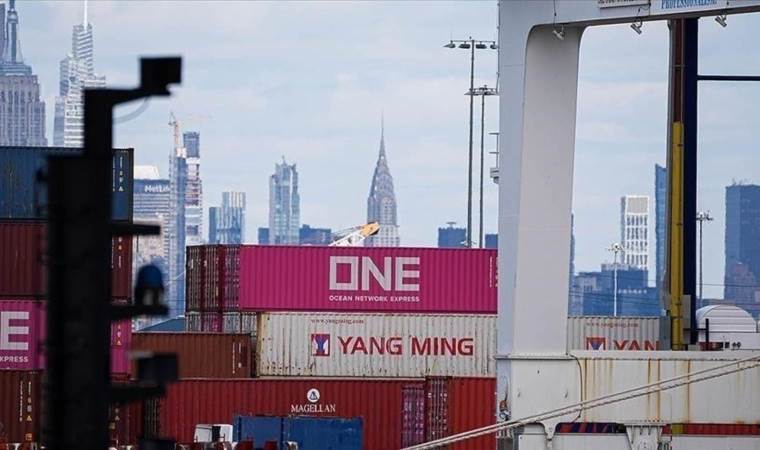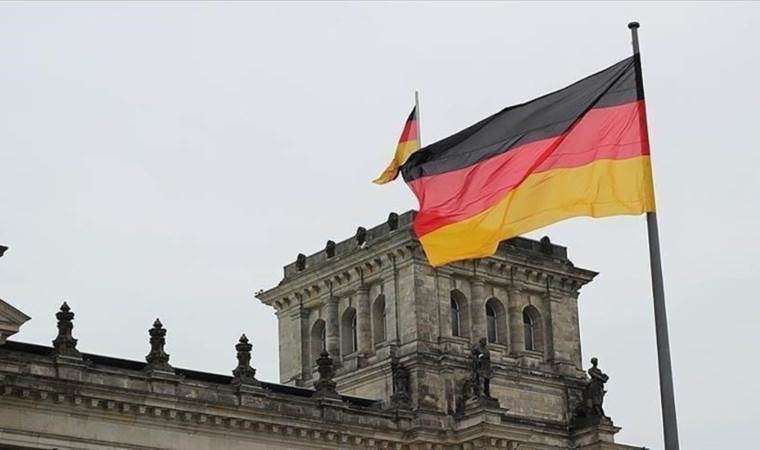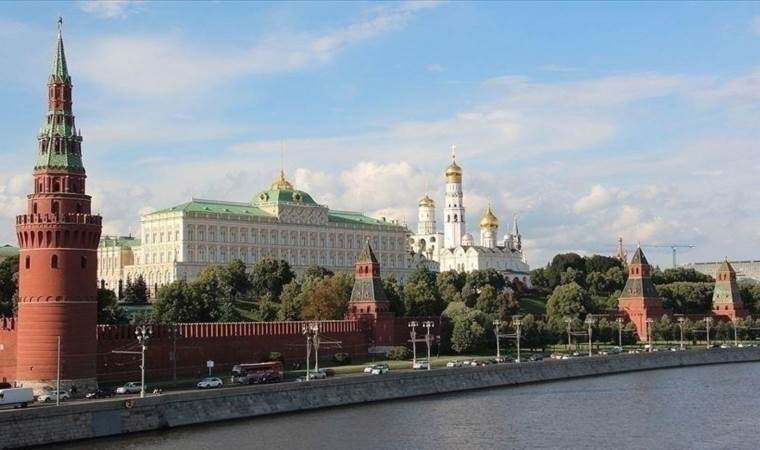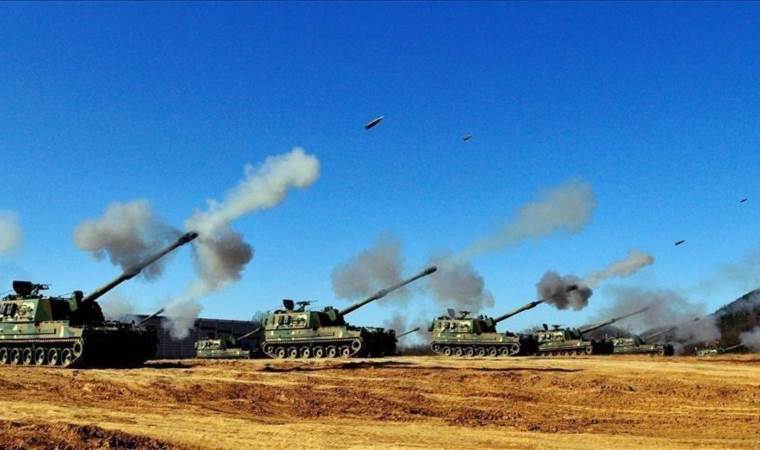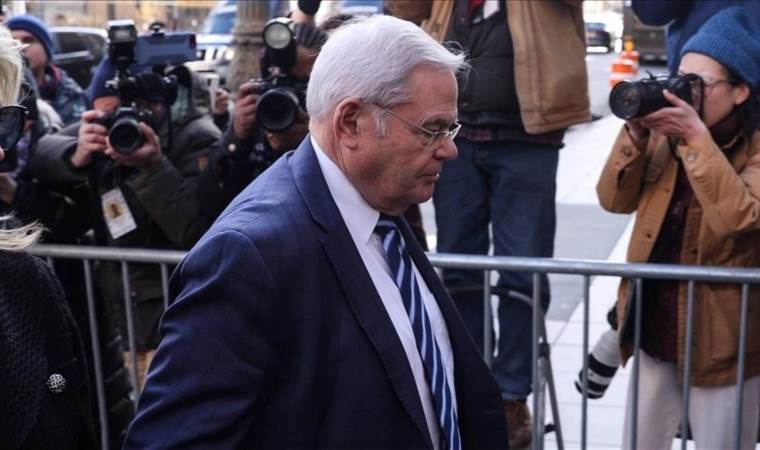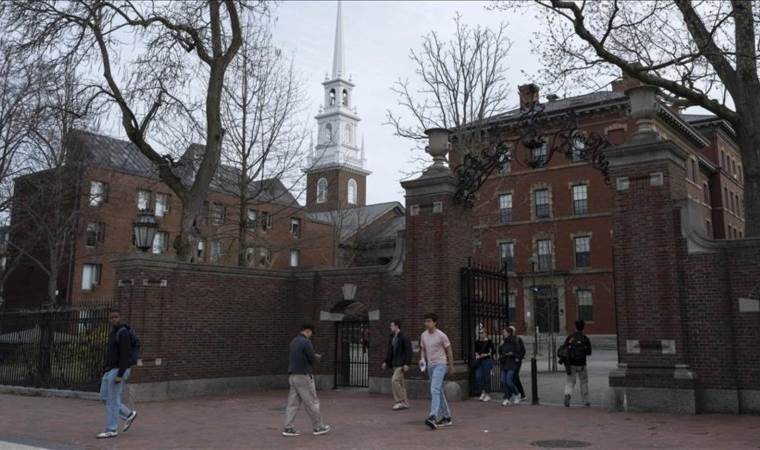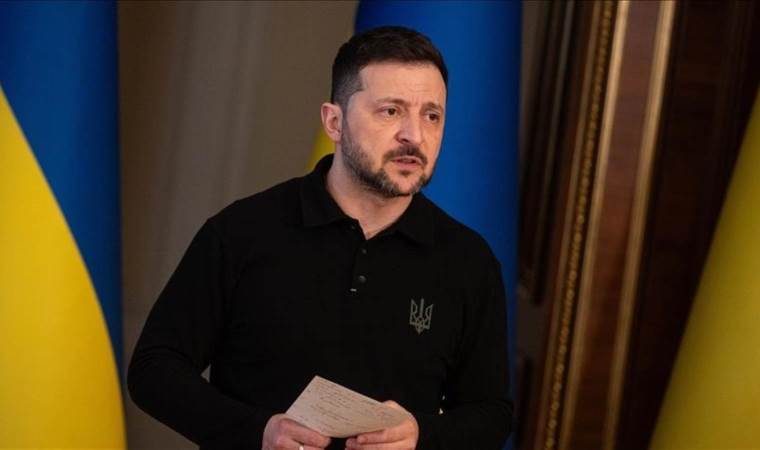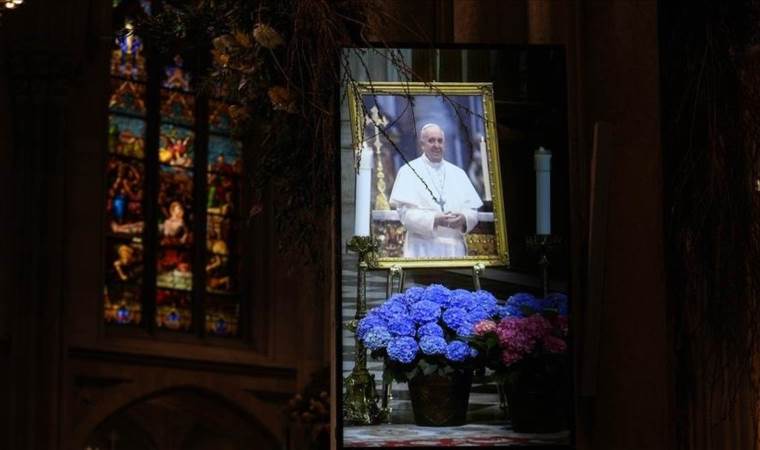Ukraine-Turkey connection: The enigma of a Turkish businessman's mysterious demise
In a cross-border saga that spans Ukraine and Turkey, the puzzling demise of Turkish businessman Halit Arabacı emerges as a tale of deception and raises suspicions. Cumhuriyet Columnist Barış Terkoğlu examines Arabacı's life and death amid allegations of defrauding the Ukrainian state in a labyrinthine network of counterfeit agreements.
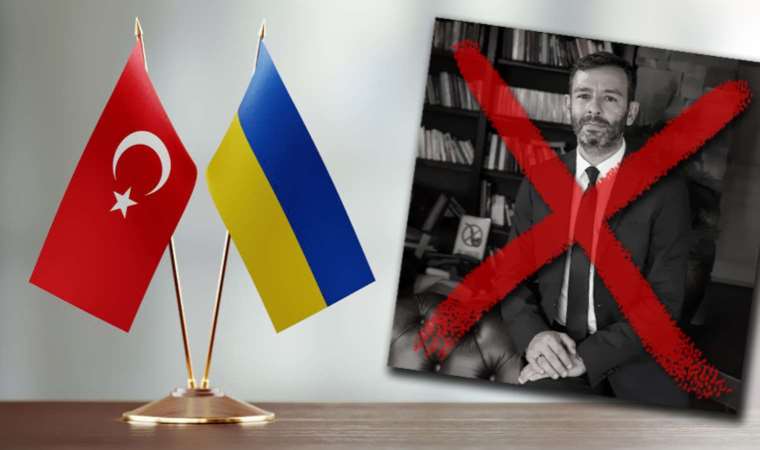
The narrative I am about to unfold was covered by only Ukrainian and the local media of Turkey's northwestern province Bolu, as Halit Arabacı, a Turkish entrepreneur, was found dead in his farmhouse in Bolu's Seben district in early July.
Remarkably, Arabacı was not yet 51 years old, initial conjectures pointed to suicide. The local and Ukrainian media perceived the case through a similar lens, united in their scepticism. Arabacı faced allegations of defrauding the Ukrainian state, a backdrop that further muddled the circumstances surrounding his demise.
Ironically, Arabacı was a businessman with close ties to the government. At one juncture, he had been affiliated with a religious cult renowned for its exorcism rituals before disassociating himself. While pro-government Turkish media extensively covered his company's activities, the same outlets curiously bypassed the news of his passing.
Agricultural Company Sells Body Armor
As I delved into the file from the Istanbul Anatolian Chief Public Prosecutor's Office, the circumstances surrounding Arabacı's demise grew even more dubious.
During the ongoing Ukrainian conflict, a pressing need for body armour arose in the war's early days. Coincidentally, a request made its way to Arabacı's desk.
Fascinatingly, Arabacı helmed an agricultural and livestock company, FARMTR, seemingly incongruent with defence industry dealings. Yet, on March 14, 2022, the Ukrainian Ministry of Defense and FARMTR inked an agreement for steel vests. By the terms of this accord, Arabacı's company committed to delivering 30,000 vests to Ukraine within five days, earning a substantial sum of 16,656,300 euros. However, this promise went unfulfilled, and the vests never reached their intended destination.
A representative of the Ukrainian state initiated an inquiry, scrutinizing those who had endorsed the contract. In Turkey, legal expert Candaş Gürol was enlisted to pursue justice. A relentless pursuit of Arabacı's company ensued—a company that vanished after pocketing the substantial payment.
Ministerial Intervention
Despite the culmination of commercial legal battles, an amicable solution remained elusive. Turkish Ministry of National Defense stepped in, endeavouring to mediate between the conflicting parties. Yet, these efforts yielded no resolution. Arabacı's company reneged on the mediation agreement after an initial instalment, transmuting the conflict into a case of deliberate fraud.
The investigation unearthed unsettling truths. The contract, it emerged, bore the signature of Arabacı's son, a translator, rather than an official company representative. This glaring anomaly coincided with the crafting of a forged contract. The received funds were discreetly fragmented and dispersed to various accounts on the same day, with some finding their way to an offshore account based in Bahrain.
During his interrogation at the prosecutor's office, Arabacı conceded both the embezzled funds and the undelivered steel vests. He attributed his actions to "force majeure," referencing his prior success in procuring 70,000 steel vests for a distinct endeavour. By late April, the prosecutor had drafted an indictment against Arabacı, encompassing a spectrum of charges, notably "qualified fraud."
A concealed facet of this saga lurked beneath the surface. The investigation encountered an impasse. Who orchestrated the intermediaries in this transnational trade in Ukraine and Turkey? What forces united the Ukrainian Ministry of Defense with an unlikely Turkish agricultural and livestock enterprise? The enigma of intermediaries Arabacı claimed to have communicated with via WhatsApp persisted. Foremost among the enigmas: to whom did the sum of 16,656,300 euros flow?
Perhaps, had the investigation delved deeper, these perplexing inquiries might have found a resolution. Yet, fate intervened in early July, when reports surfaced of Halit Arabacı's alleged demise.
Shadowed Disappearance in Ukraine
One might anticipate that Ukraine's investigation would provide answers. Yet, an undercurrent of the uncanny was discernible in the story.
The war's turmoil served as fertile ground for myriad swindles. Amidst operations and raids, the Ukrainian official responsible for endorsing the contract with Arabacı vanished without a trace. Whispers insinuated his demise or a sinister conspiracy. The unsettling disappearances appeared poised to draw the curtain on the case.
Neither vest nor money remains. Even Arabacı's company website was shut down, and his social media accounts are frozen. Despite confirmation of Arabacı's death by his legal representatives, scepticism prevails among certain Ukrainian quarters, giving rise to elaborate conspiracy theories.
From the depths of an ostensibly ordinary news story emerges a labyrinthine narrative—a tale that merits scrutiny against the backdrop of recent news coverage and legal proceedings.
The domain of international intrigue transcends Turkey's borders. Just like the self-taught construction contractors, there are also self-taught defence suppliers! High-ranking officials engage in clandestine liaisons, reaping commissions from countries like Ukraine. Amidst the chaos, potential road accidents obfuscate the truth, ensuring vital connections remain concealed. While the vulnerable fall victim to war's ravages, the war's benefactors thrive with each passing day.
The day the source of money is unveiled, explaining death to the living may become a simpler endeavour.
Most Read News
-
 China integrates AI into undergraduate studies
China integrates AI into undergraduate studies
-
 South Korea, US to hold trade talks this week
South Korea, US to hold trade talks this week
-
 Germany cuts economic growth forecast to stagnation for
Germany cuts economic growth forecast to stagnation for
-
 6.3 magnitude earthquake strikes off Indonesia’s Talaud
6.3 magnitude earthquake strikes off Indonesia’s Talaud
-
 Kremlin says Putin open to talks on civilian strikes mor
Kremlin says Putin open to talks on civilian strikes mor
-
 South Korean military holds live-fire drills near inter-
South Korean military holds live-fire drills near inter-
-
 Wife of former US Senator Menendez found guilty in bribe
Wife of former US Senator Menendez found guilty in bribe
-
 Harvard University sues Trump administration over fundin
Harvard University sues Trump administration over fundin
-
 Zelenskyy demands Russian clarity over strikes on civili
Zelenskyy demands Russian clarity over strikes on civili
-
 Pope Francis' funeral to take place on April 26, Vatican
Pope Francis' funeral to take place on April 26, Vatican

